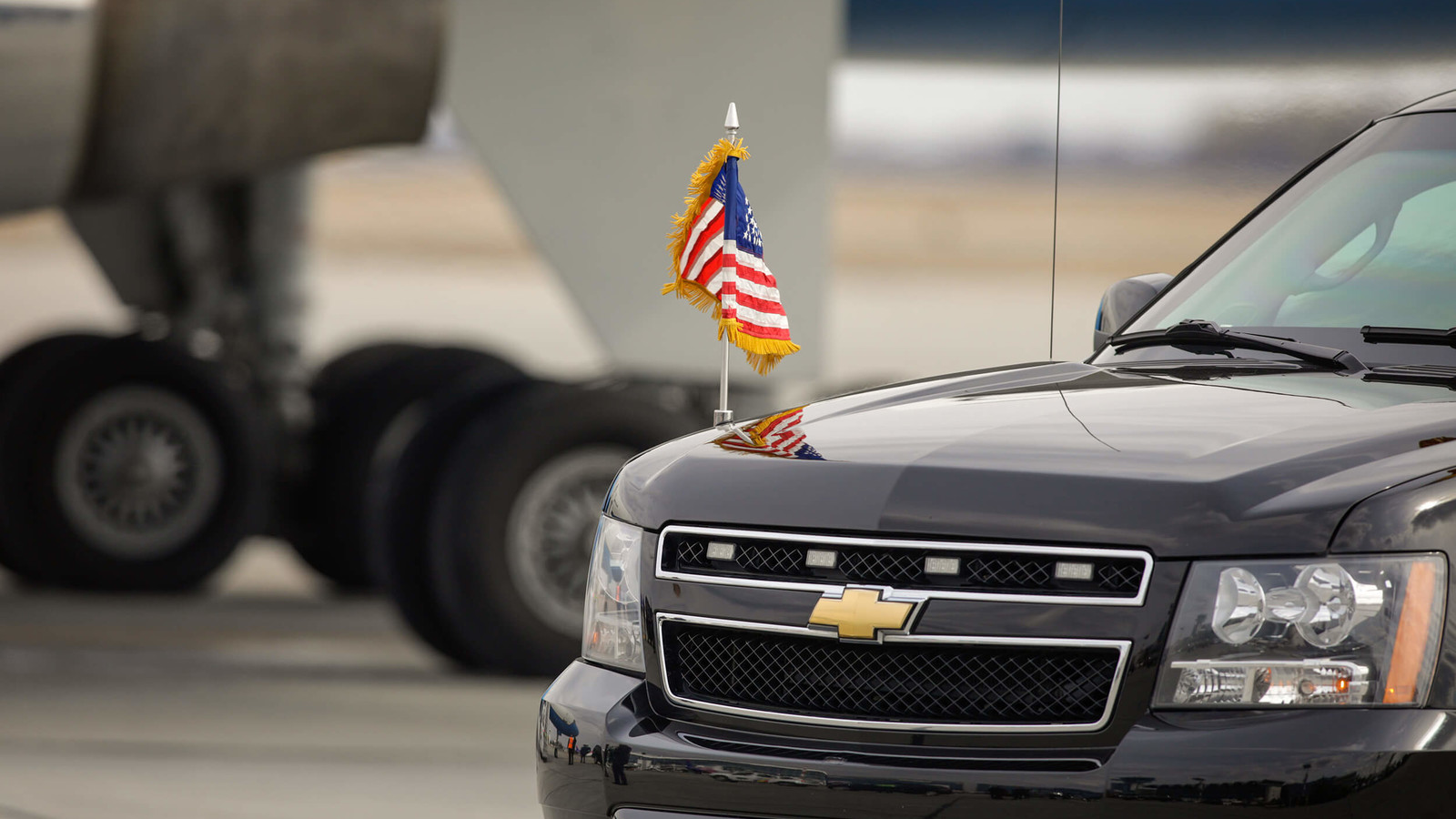
Why Do Stocks Go Up When POTUS Drops By?
Presidential visits lead to short-term stock gains, especially when there’s a unified government.
Based on research by Colby D. Green, Douglas A. Schuler, Anastasiya Zavyalova, Richard J. Swartz, Kristen Nault, and Asiya K. Kazi
Presidential visits lead to short-term stock gains, especially when there’s a unified government.
- Corporate stock prices often rise (temporarily) after a presidential visit.
- The bump is more significant if there is potential for true policy change.
- Investors are indifferent to a U.S. president’s (un)popularity or praise of the company.
U.S. presidents have a long track record of visiting public companies like Shake Shack (Obama), Ford (Clinton) and Tropicana (H.W. Bush), especially during an election year. Often, during a visit, the president will elaborate on specific policy positions.
In 2019, President Donald Trump spoke to employees of an Ohio paper recycling plant about foreign investments in the U.S. economy. When speaking to a group of UPS workers in Nevada in 2012, President Barack Obama explained his multisource energy plan.
Such visits can help a president drum up support for their campaigns and policies, or help boost public opinion, generally. But companies also benefit. For the lucky few that host a visit — presidential appearances are rare — the company stock price often increases. But until now, there's been a question of why this happens.
A team of Rice Business researchers, including Colby D. Green (now at Southern Utah) and professors Anastasiya Zavyalova and Douglas Schuler, set out to understand the conditions that cause a company’s stock price to go up because of a U.S. presidential visit.
The team considered several possible explanations:
- The president praises the company.
- The president is popular with the public.
- The president announces a favorable policy during their visit.
- The president visits during a period of unified government (i.e., their party controls both houses of Congress).
To test these possibilities, the researchers identified 92 visits made by Presidents George H.W. Bush, Bill Clinton, George W. Bush, Barack Obama and Donald Trump between 1989 and 2019. This information is publicly accessible in the “Public Papers of the Presidents of the United States,” which catalogs the presidents’ daily activities. They excluded two visits that happened during significant stock market-related events: Boeing’s largest ever commercial plane order and General Motors’ introduction of a new car to the U.S. market.
Certain trends became clear. The researchers discovered that larger companies, federal contractors and business-to-consumer companies were more likely to have a presidential visit. Businesses with more media attention and those that were farther from Washington, D.C., were also more likely to be visited.
When the research team looked at stock market returns on the days that visits were announced and on the days of the actual visits, they found that companies’ stock prices rose on average by 0.45% after the announcement and 0.51% in the wake of the visit.
Depending on the company, stock price gains could be substantial. For example, the average market capitalization for firms visited by President Trump was $100.83 billion. A return of 0.51% on that amount equals a hefty $514 million.
When the researchers drilled deeper into the data, they found that specific conditions accompanied the gains. Higher stock prices happened around visits that occurred during periods of a unified government and also when the president announced a favorable policy during his visit.
On the other hand, investors do not appear swayed by a president’s explicit praise for the hosting firm. They are also indifferent to presidential popularity — as measured by Gallup Poll data — at the time of a visit. “Going into the study, we thought that higher favorability ratings of the president would be a boost,” Zavyalova said. “But that actually didn’t matter.”
What does seem to matter is that the U.S. government is unified by party when presidents announce a favorable policy. Whether consciously or not, investors must recognize that the policy stands a far greater chance of being enacted.
The study has implications for CEOs looking to maximize profitability. “For CEOs, having a relationship with government officials is definitely helpful,” said Zavyalova. “Given that a visit by a U.S. president can boost stock prices in the short term under certain conditions, CEOs may ask themselves: What steps can I take to increase the likelihood that the president will visit my company?”
Investors, for their part, should have the phenomenon on their radar and understand when their holdings might get a boost because of a presidential visit. They should also know that, if they do see a presidential-visit-induced rise, it might be short-lived.
Results could also potentially apply to presidents from countries other than the U.S., as well as other politically prominent people, the researchers say. It’s an area for future research. Another area for future study is if firms are able to “catch the president’s ear” during a visit. Do businesses or executives subsequently change their strategies, and if so how?
“Studies like this show that personal interactions with powerful government officials can benefit companies, whether planned or not,” said Schuler. “The relationship of trust that develops through high-profile visits, like those from a U.S. president, promotes open communication that can provide insights to inform effective business strategies.”
Douglas A. Schuler is a professor of business and public policy at Rice Business
Anastasiya Zavyalova is an associate professor of strategic management at Rice Business
For more information, see “Stock market reactions to firm visits by presidents of the United States: George H. W. Bush through Donald J. Trump.” Presidential Studies Quarterly 53.3 (2023): 383-406. https://doi.org/10.1111/psq.12842
Never Miss A Story


